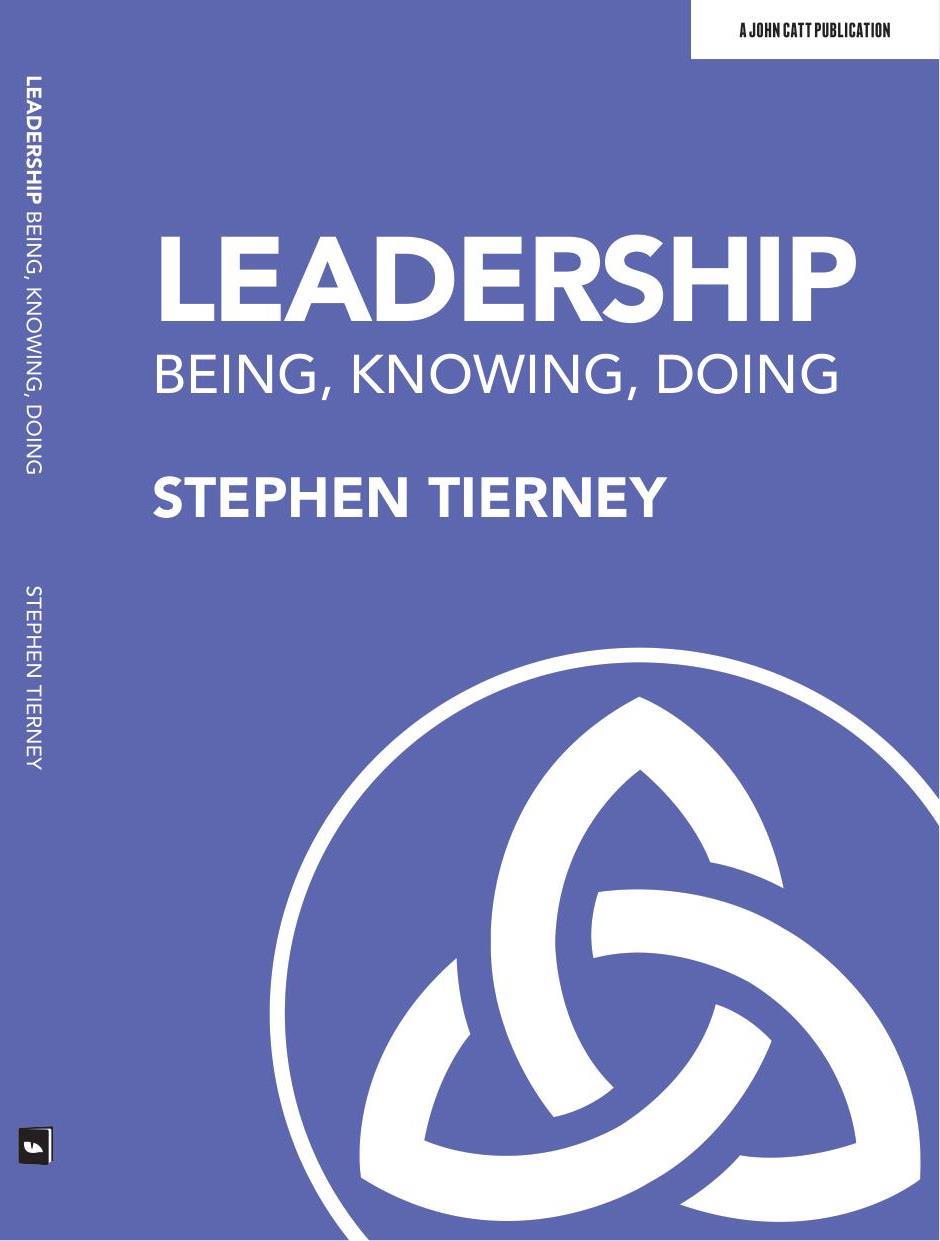Whilst the new inspection framework won’t be out until the other side of the New Year it’s possible to start hazarding a guess at what it is likely to contain. Recent letters by Amanda Spielman HMCI, speeches and the release of various pieces of research all point the way.
We know that the curriculum will take centre stage in the new framework. Today’s release of the third phase of their curriculum research gives some pretty clear indicators of the main thrust of the inspection process.
It has already been stated that the twenty five indicators above would be too many to include in the new framework. However, the direction of travel and key issues are beginning to be established: sequencing of concepts and knowledge in all subjects; mastery; the primacy of reading and seeing progression in terms of the curriculum content rather than data. Curriculum leadership must be clearly demonstrated at all levels within a school. Add to this HMCI’s love and promotion of the E-Bacc and concerns about anything other than a two year GCSE course; you have the Ofsted preferred curriculum taking a clear “knowledge rich” shape.
A full copy of the report is below. Primary schools in particular may want to pick up on the issues raised about a lack of curriculum planning in a number of subject areas; the humanities, Science and the Arts are the main weaknesses.
How to Assess Intent and Implementation of Curriculum (Ofsted) 11.12.18 – PDF
Secondly, Ofsted will introduce its own version of comparable outcomes for inspection grades. There is a commitment “to keeping the overall proportions of schools achieving each grade roughly the same between the old framework and the new framework.” The idea of evolution is maintained with the benchmark not being set too high. Given today’s findings, particularly for primary schools outside the core subjects of English and Mathematics but also for secondary schools, it’s more likely that benchmarks will have to be lowered. With 90% and 80% of schools good/outstanding for primary and secondary schools respectively; initial curriculum data, including a skewed secondary school sample, is nowhere near that level.
The third significant insight of the month comes from Amanda Spielman’s letter to the Public Accounts Committee (full copy here – Amanda Spielman Letter to PAC – 04.12.18 – PDF) which comments on the short inspection of good schools, that’s the vast majority of schools, in which she states:
“We are conducting a number of pilot inspections over the autumn 2018 and spring 2019 academic terms to test options for revisions to these inspections. Our work so far has given me confidence that we will be able to allocate more inspector time to on site activities, which I hope will address some of the committee’s concerns.”
If you’re a “good” school, your inspection post September 2019 will either involve: more inspectors on a single day or the same number of inspectors for more days or both, more inspectors visiting for more days. I doubt Ofsted’s budget will stretch to taking me back to my early experiences of inspection; as many as 20+ inspectors could descend on a secondary school for a week.
There is a consultation for twelve weeks next year. I can’t see anyway that the very many responses that are likely to be received can be read, considered and changes made to the framework ready for a September 2019 implementation. There just isn’t enough time. The best we can hope for is a Brexit style fudge over the implementation period as the lady’s not for turning.
That is a real shame. Spielman’s early establishment of her red lines (we will retain the four inspection grades) has got herself and more importantly Ofsted into a bit of a mess. Imagine if she now really focused her leadership on ensuring the inspectorate pursued their espoused complementary role to the performance table data. Dropping the grades would be truly transformational:
- there’s no need to have inspection grades for school (too subjective and unreliable; the performance tables do the grading);
- now we can have an open, honest formative discussion without the fear of cliff edges and high stakes (the new curriculum focus would have less impact on workload as it’s a journey not a inspection date deadline);
- the impact part of the new framework could focus on pupils learning the curriculum – see curriculum intention number 8 – embedding a holistic change (schools serving disadvantaged communities may be justly recognised rather than hammered)




Discussion
No comments yet.